How to Camp For FREE
Morgan Rogue 11.15.22
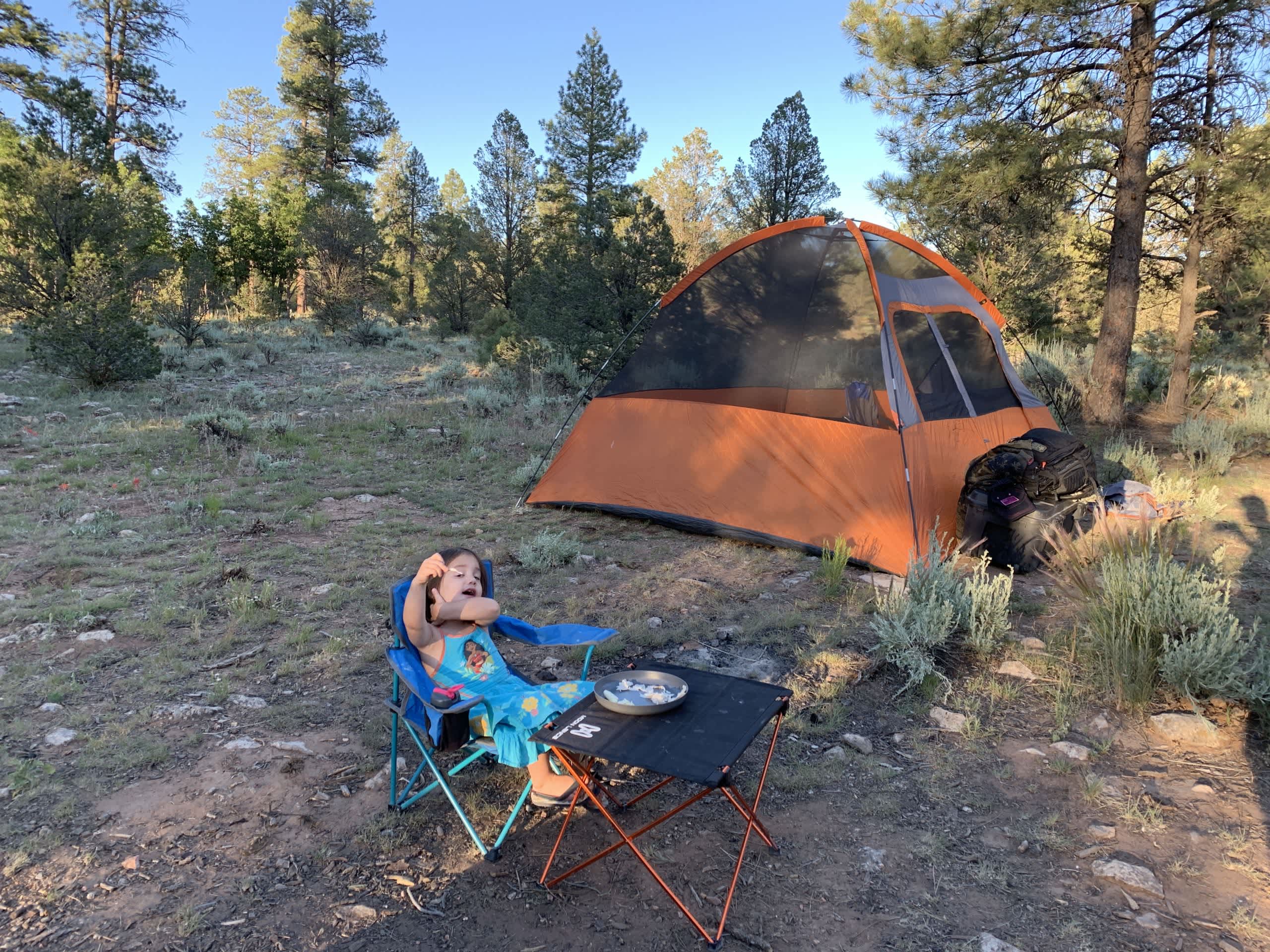
Have you ever wondered, “how do I camp for free?”
Well, my friend, you’ve come to the right article!
When we were getting ready to live full time in our RV, we wanted to be off grid, which meant no hookups and no sewage. We didn’t want to be hooked up somewhere all the time, we wanted to go into the woods somewhere and be hidden away from everyone else.
We setup our RV with an entire solar system and compost toilet. We were set!
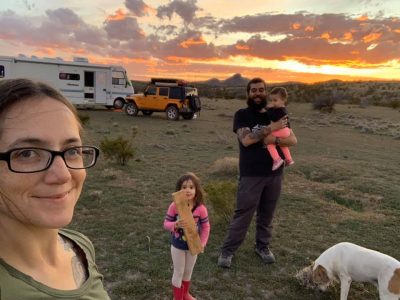
But where would we go that didn’t have any hookups?
It’s called boondocking. People have been doing it forever.
Essentially, you find some public land and camp there.
But how do you know what is public land?
There are a few major public lands.
- BLM
- National Forests
- Army Corps of Engineers
When we were first looking for free campsites, we went to a website called Freecampsites.net where people share places and coordinates of a specific site they found on some public land space. You can also read and leave reviews.
We used this for a while and worked out okay, but some of the reviews are very subjective. We were rolling around with a 34′ rv pulling a Jeep behind us so we were cautious about where we were going to go. However, some of the reviews would say ‘this road is so bumpy’ and we’d go on the road and it wasn’t bumpy at all. I mean, maybe a couple bumps here and there but sometimes they make it seem like it’s completely un-drivable.
However, read the reviews and take them with a grain of salt as everyones thresholds or expectations are different. When you’re first starting out, this is a great site to go on and easily find good spaces to try out.
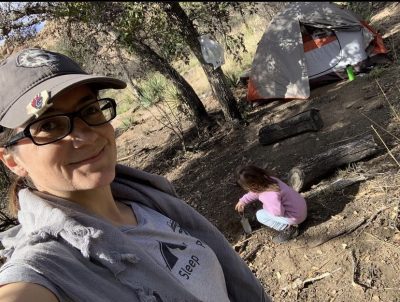
You can head directly to the BLM website to find BLM areas. On BLM land, you’ll find ‘sites’, as in, areas that a lot of people have usually camped. However, you can generally camp just about anywhere. Make sure to take a look at the exact place you want to go to to see any restrictions. A lot of the BLM is on the west coast but there is some available on the east coast as well. You can stay there for 14 days consecutively before you need to move to a new spot or area.
National Forests are free and open to the public. You can find a spot that someone has already made or find a new spot, though it’s good practice to try to find a spot that’s already been made. You can stay for up to 14 days (editor’s note: with some posted exceptions that are shorter in duration) consecutively before you need to move to a new spot or area. There are national forests all over the US.
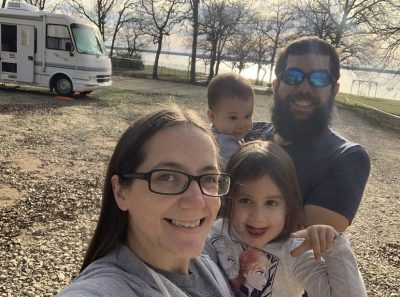
Army Corps of Engineers sites are usually free and are all across the US. They are usually closely monitored by someone at all times. You’ll have someone driving around and potentially greet you, talk to you about the rules of the park and so on. We had a very nice lady stop and greet us, tell us about the policies and gently remind us that we needed to have our RV sticker updated. We had literally just hit the road and were going to do it the next day but she said we had to go do it right then and there if we wanted to stay. It wasn’t an issue, we knew we needed to do it, we just expected to do it the next day instead of right then. So even though it’s free, these are probably the most strict properties that are maintained and monitored.
Don’t be surprised if some of the Army Corps of Engineers sites are sometimes closed. We headed to a site in California which was closed for a week so sheep could mow the lawn.
Not every spot will be guaranteed to be there. People love to camp for free and spots can very often be completely taken up, especially during the summer when everyone’s vacationing.
Not to discourage you, just to remind you to have a few backups in place for just in case.
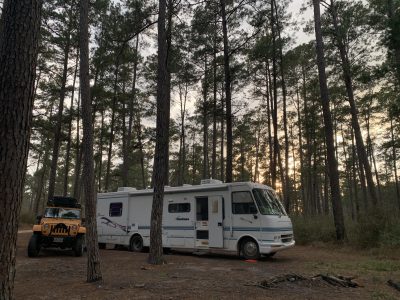
One last tip about camping for free. You can be a host at a state or national park. You get a free place to stay, with hookups, you do a little work for the park, and still get to enjoy the beautiful area. You can be a camp host anywhere from 3-6 months or more, depending on the park and their needs or availability.
Remember, these sites usually don’t have any sort of resources, such as running water, electricity, dump sites, trash cans or bathrooms. Some might, but for the most part, they probably won’t have these facilities. Be prepared for that.
Where will you go camping for free?!

